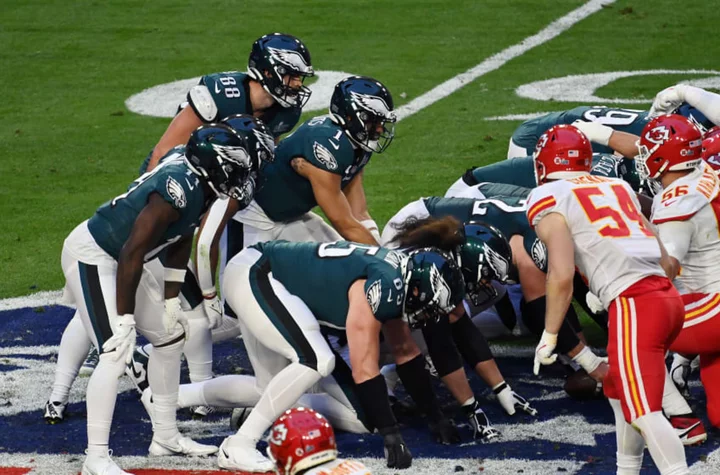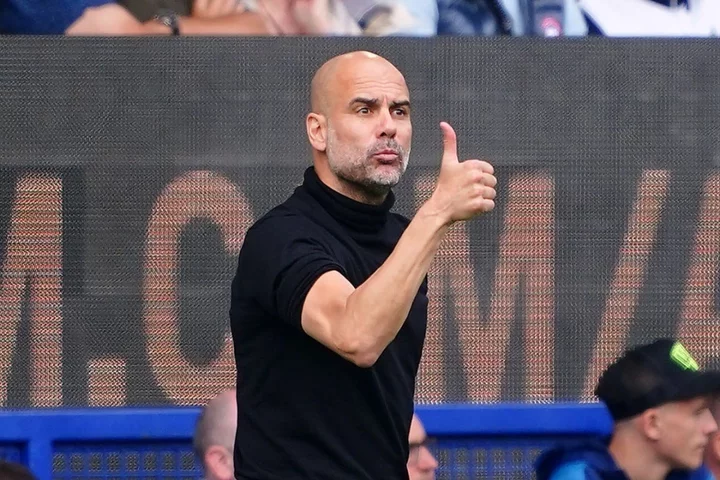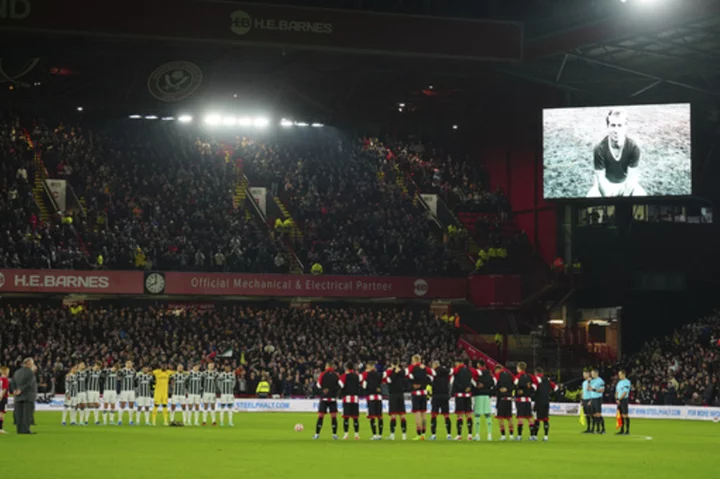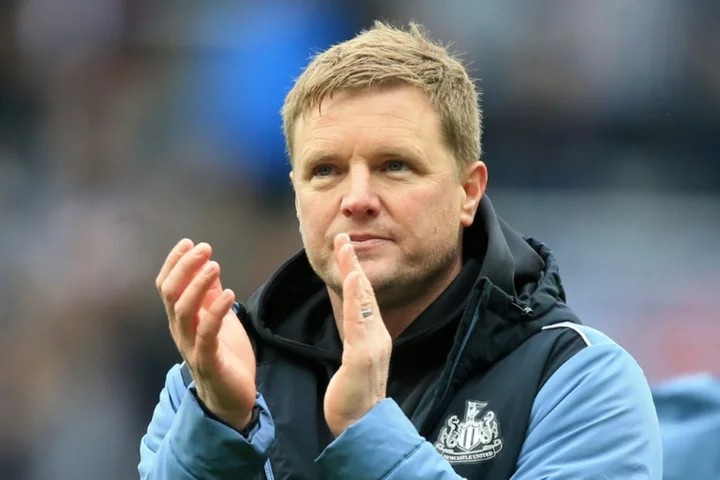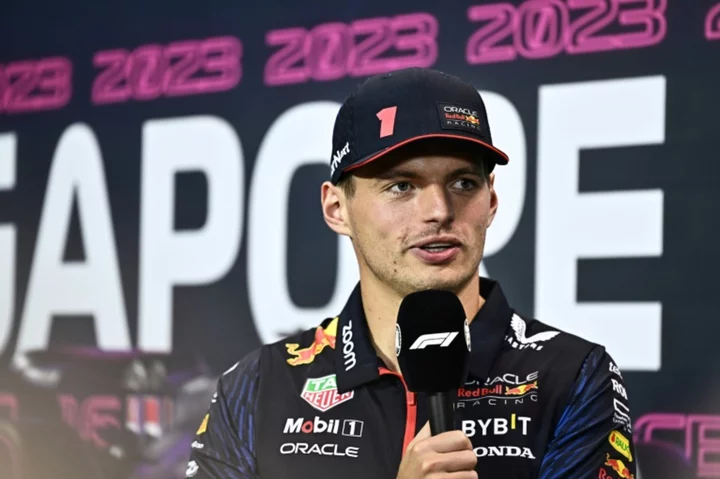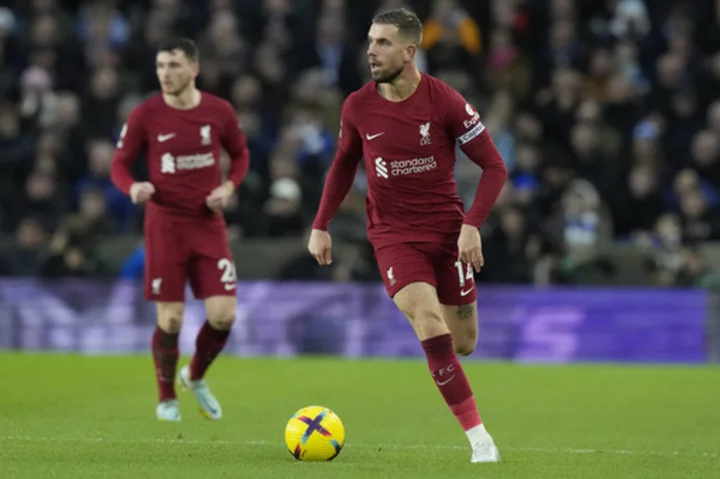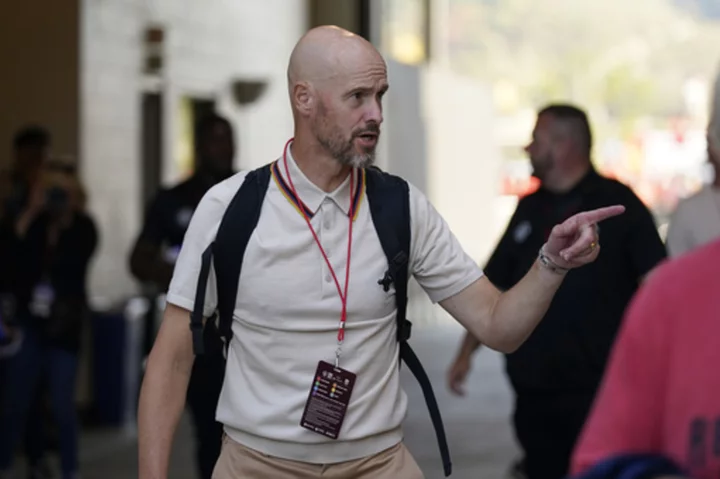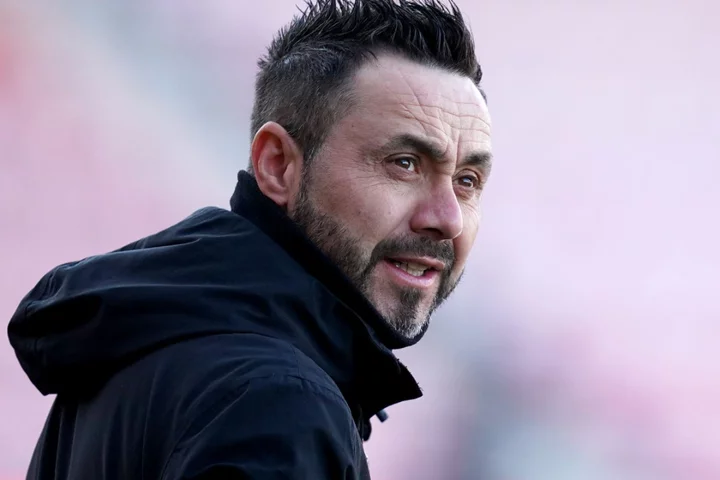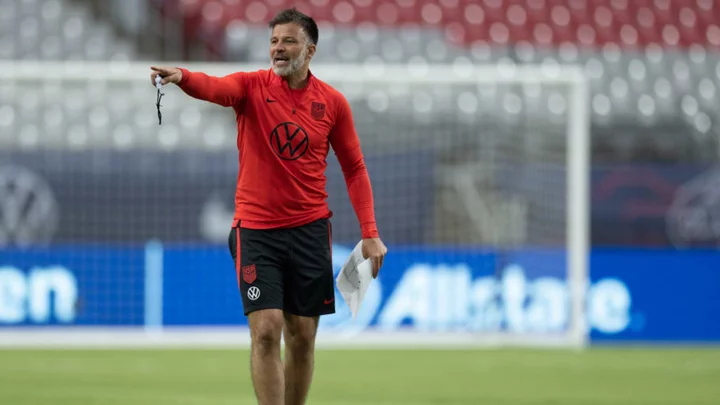With a new football season comes a new set of rules. Here's everything you need to know about the NFL's rule changes for 2023.
Everyone knows about the Bills-Chiefs playoff game that led the NFL to change one of its longstanding postseason overtime rules in March of 2022. But what about any dramatic rule changes for the 2023 regular season?
The 2022 NFL season was not without controversy. So, so many questionable roughing the passer calls. The Eagles employed the quarterback sneak -- a lot. And Christian McCaffrey almost became the 49ers' quarterback at one point during the NFC Championship.
Every offseason, the league looks for ways to even the playing field, and this year is no exception. Here are the rule changes that the NFL has adopted for 2023.
Third Quarterback Rule
After the 49ers saw both quarterbacks Brock Purdy and Josh Johnson go down due to injury in the NFC championship game, the league decided to reinstate the third QB rule.
This rule allows teams to carry an active third quarterback on game day without that player counting against the roster limit.
Here are the conditions under which a third quarterback can be elevated to the starting lineup: He must already be a part of the 53-man roster (and can't be promoted from the practice squad). He can only play if the other two quarterbacks are injured. In the event one of the injured quarterbacks gets medically cleared to play, the third quarterback is no longer eligible to play.
This year, 12 teams are carrying three quarterbacks on their 53-man rosters -- and yes, San Francisco is one of them.
Fair Catch Rule
For this season only, the league is incentiving kick returners to call for a fair catch.
During kickoffs, the ball will be spotted at the 25-yard line if a kickoff is fairly caught anywhere inside that line. This drives down the value of talented kick returners but, as the league hopes, will decrease the amount of head injuries and concussions.
In previous seasons, some teams chose to employ "pop-up" kicks to pin their opponents deep and make it harder for them to gain optimal field position. With the new rule, those kicks lose effectiveness, and the returning team has less incentive to try and bring the ball back.
Tripping Rule
Tripping is being reclassified as a personal foul and will now warrant a 15-yard penalty.
Even if no flag is thrown, players will be subject to additional discipline by the league.
Instant Replay Rule
When an instant-replay decision leads to a reversal inside the two-minute warning of a half, the play clock resets to 40 seconds rather than 25 seconds.
An exception is if there is a penalty or infraction, at which point the play clock would be adjusted accordingly.
Failed Fourth-Down Conversion Rule
Every unsuccessful fourth-down conversion attempt will be automatically reviewed -- no coach's challenge necessary.
This year, the league is treating failed fourth-down conversions as turnovers, like interceptions or lost fumbles.
Successful fourth-down conversions are not considered turnovers and therefore will still require a coach's challenge, assuming the conversion does not happen inside of the two-minute warning or during overtime.
Use of Helmet Rule
The use of helmet rule was first adopted in 2018, but the league is making a modification.
The rule now prevents a player from using any part of his helmet or facemask to make contact with an opponent's neck or head area. Doing so will result in an unnecessary roughness penalty.
In previous years, players who have committed this penalty often found success in appealing it as they claimed their helmet contact was merely incidental. In 2023, regardless of whether the contact was incidental or purposeful, lowering one's head and making contact to an opponent's neck or head area is prohibited.
Earlier in preseason, Steelers' Kwon Alexander found the league does in fact take this rule very seriously.

